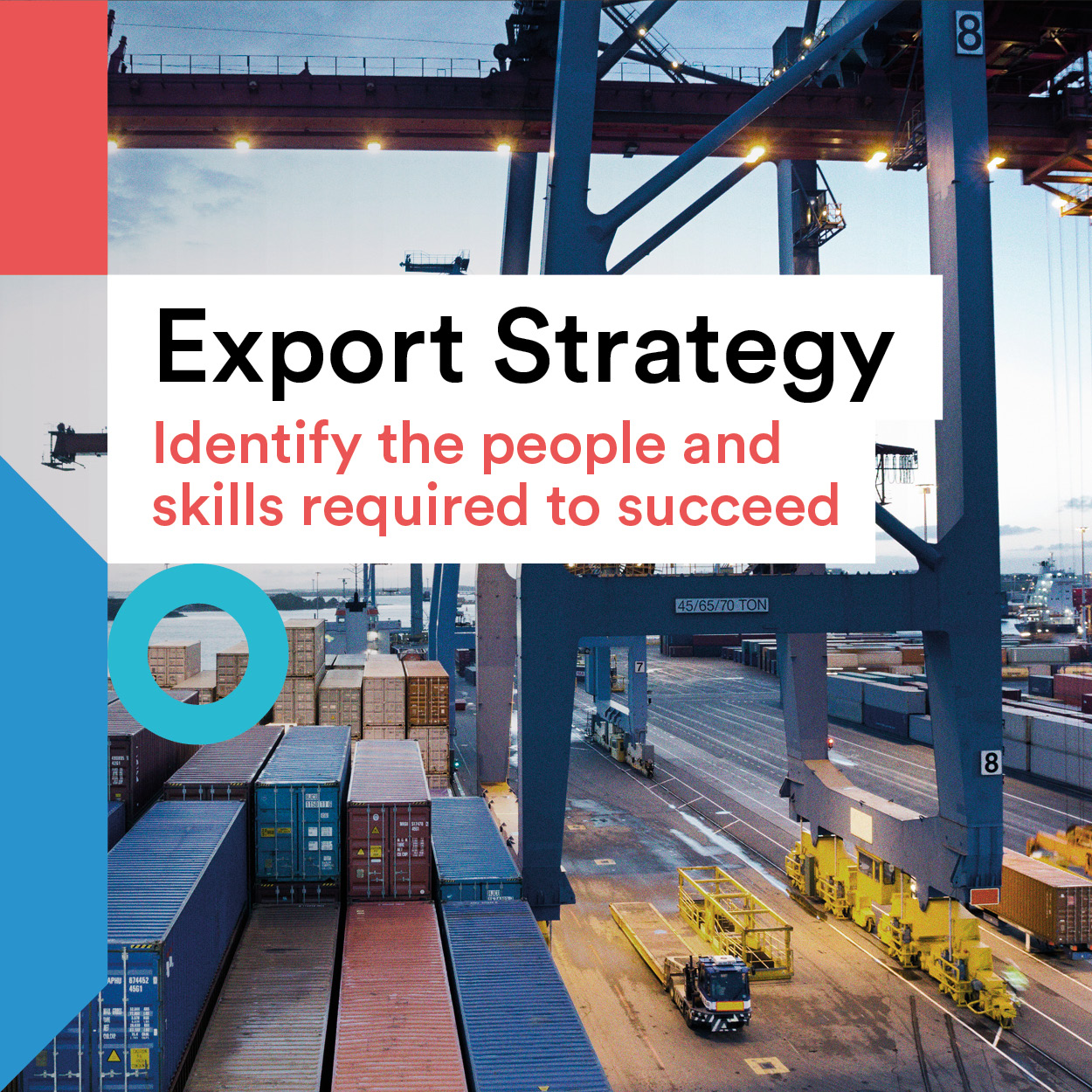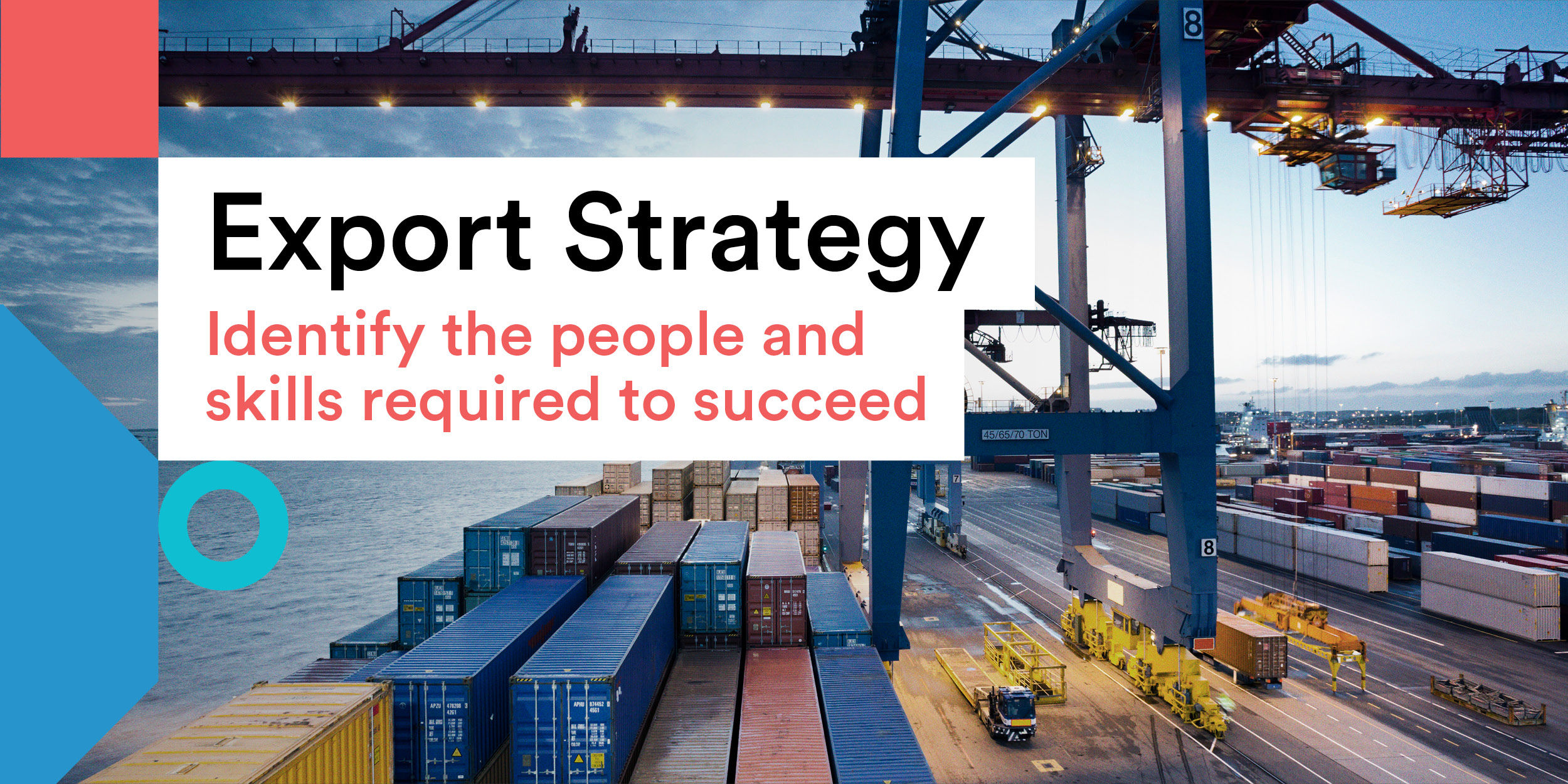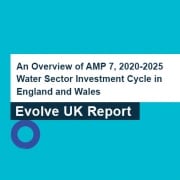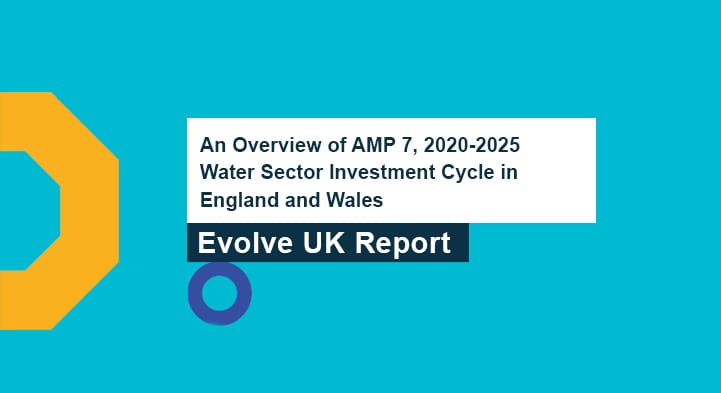
Thousands of Irish companies have been availing of the opportunity to promote their business through the Look for Local campaign, which was launched in November by the Local Enterprise Offices
Backed by the Department of Enterprise, Trade and Employment in partnership with Enterprise Ireland and the local authorities, the Look for Local campaign aims to highlight small Irish businesses in every sector, asking individuals to support businesses in their locality when looking for goods or services.
“The campaign is tapping into the deep well of goodwill towards local businesses that exists in communities throughout Ireland,” says Conor O’Donovan, head of global marketing and corporate communications at Enterprise Ireland. “Local companies across a range of sectors are featured on the Local Enterprise LookforLocal website.
“It is supported by national and local advertising and marketing,” he adds.
“We want to try and encourage more consumers and businesses to look local if they require goods or services in the period ahead.”
He advises any small business which wants to be featured on the LookforLocal website to contact their local LEO to make arrangements.
“More than 4,200 businesses are benefiting from the campaign which has generated excellent traction online after just a few weeks.”
The campaign is of particular relevance to companies which have pivoted and changed their business models during the year in response to the disruption caused by the Covid-19 pandemic. Since January, the LEOs have approved over 11,000 Trading Online Vouchers for small Irish businesses, helping them to establish an online trading presence, or adapt it, under the National Digital Strategy.
In addition, 330 retailers have been approved for €11.8m in funding as part of the government’s Covid-19 Online Retail Scheme, which is administered by Enterprise Ireland. The scheme is targeted at retailers which are looking to enhance their current online presence.
An online presence is also increasingly important for exporters. “A trend we’ve been seeing is that international buyers will search online before making contact with a potential supplier. It’s essential that Irish exporters have strong online visibility.”
Many small local exporting companies will now have to contend with the additional disruption caused by Brexit.
A key Brexit mitigation strategy for exporting firms is market diversification and the Enterprise Ireland Irish Advantage website offers them a shop window to buyers across the world to aid them in its execution.
Exporters and potential exporters interested in being promoted on the Irish Advantage website should contact Enterprise Ireland or their Local Enterprise Office,” he said.
O’Donovan also advises businesses to visit Enterprise Ireland’s Prepare for Brexit website.
“The site is full of resources and information to help businesses get ready for Brexit.
“On January 1 the UK will become a third country as far as trade with the EU is concerned. The Brexit Readiness Checker will take you through all the essential steps to take, including customs,” he says.
“Revenue has estimated that customs declarations will increase from 1.2 million a year at present to 20 million a year. There has been a massive uptick in visits to the site in recent months. The message is getting through that being better-informed means being better prepared and that makes for better outcomes.”
Irish companies are, by and large, retaining their existing overseas contracts, but new contracts are down this year as a result of Covid-19.
“Exporters can’t jump on planes or trains or go to trade shows, so we are facilitating them to connect with new buyers online and encouraging them to avail of funding, advisory and innovation supports available from both Enterprise Ireland and LEOs”, he said.
And there is a high degree of awareness of those supports. “That was one of the very encouraging findings of some recent Department of Finance research,” says O’Donovan.
“Almost 90pc of SMEs are aware of Enterprise Ireland supports and initiatives while over 80pc are aware of what’s available from the LEOs. That awareness will be of critical importance as we strive to help Irish companies become more innovative, competitive and diversified in order to succeed and take advantage of the opportunities that will arise in the coming year and beyond.”






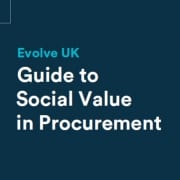












 You are now successfully exporting to your first market. Now begin to build on this success and grow your exports.
You are now successfully exporting to your first market. Now begin to build on this success and grow your exports.
